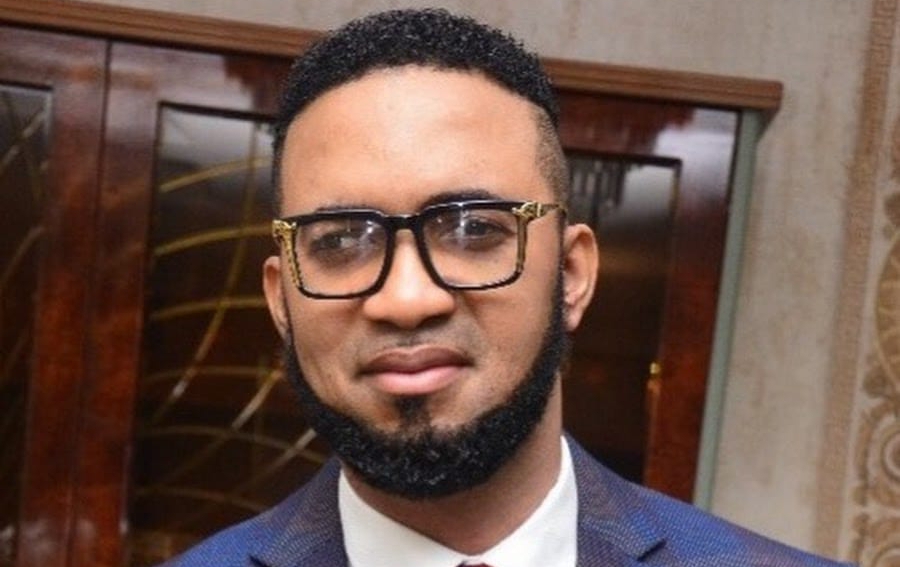Former Governor of the Central Bank of Nigeria (CBN) and the current Emir of Kano, Emir Muhammadu Sanusi II, has expressed pleasure with what the apex bank has done as far as monetary policy is concerned and the tax reforms.
Emir Sanusi II said this on Tuesday during an interview with News Central Television, following the address of the chairman of the Presidential Committee, on Fiscal Policy and Tax Reforms, Taiwo Oyedele, at the ongoing 31st Nigerian Economic Summit.
The Emir praised the Central Bank’s monetary policies for stabilizing Nigeria’s economy, viewing it as bold media etiquette toward a traditional leader.
Sanusi highlighted positive economic shifts under President Bola Tinubu, including subsidy removal, exchange rate unification, and GDP growth exceeding 4% in Q2 2025, but urges fiscal reforms to cut governance costs and boost sectors like agriculture and power.
“At the moment, as far as monetary policy is concerned, I have nothing but positive words for what the Central Bank has done,” the Emir said.
“If you look at the background, we are coming from a very high level of instability as a result of loose money and uncontrolled growth in money supply.
“The Central Bank has taken the last one year to mop up all that money. Interest rates are high, yes, but we have stabilized the exchange rate. We’ve pulled back from the brink of total economic collapse. Inflation is coming down; it’s still at twenty percent, still very high, but it’s coming down from very high levels of a few years ago. We have built up reserves over forty billion dollars. The economy has grown in the first quarter by more than three percent, second quarter by more than four percent.
“And this is the first time in a long term that this economy has been growing faster than the population. For many years, population growth has exceeded GDP growth. So in terms of monetary policy and stability, I have nothing but commendation for the deficit. And these are positive steps, but we still have a long way to go.”
Emir Sanusi II outlined several fiscal reform suggestions for Nigeria, saying that there is the need to address inefficiencies and reduce the burden on the economy.
He asked for a reduction in the cost of governance, lamenting that it is excessively high, calling for a review and possible reduction in the number of political appointees, officers, and the overall structure of government expenditure.
Sanusi also advocated for improving the quality of government spending, ensuring that funds are allocated to areas that provide value and contribute to economic growth.
He said without improving the quality of spending, Nigeria would continue to face fiscal challenges, potentially leading to increased borrowing despite savings from other reforms like subsidy removal.
“I mean, I would like to see a better look at fiscal expenditure. We’re still spending too much money on the cost of governance, too many political appointees, too many officers. We still have to look at the quality of spending, the processes for spending, because if we do not improve the quality of spending, I’m putting a rain on spending,” he said.
“We’re going to continue borrowing. So after saving money from these expensive subsidies, after building up the government balance sheet, you go and spend it on other things, and you have to borrow again. So we still have some steps to go on the fiscal side. But the first thing was to fix revenue. And I think with the tax reforms and what you have seen so far, the fiscal side is on its way to a structured, longer-term stability.
“We talk about the power sector. I would like to see that we put a stop to mass importation of food. It was driven by desire, but in the end, very counterproductive to domestic production and domestic producer prices. So we track with the reforms in that agricultural sector, fixing the value chain and relying on domestic production.
“But all in all, I think 70% of what the government has done is on the right path. I do have some reservations about one or two things like importation of food and quality expenditure and nature of overheads, but I think we’re on the right path, and we’ve got to keep working to get to the destination. But we are coming from a bad place and have come very far in the right direction now.”
Sanusi said he supports the ongoing tax reforms aimed at simplifying Nigeria’s tax system, enhancing revenue efficiency, and reducing the burden on compliant businesses and lower-income earners.
According to the Emir, these reforms are crucial for diversifying revenue sources and reducing reliance on oil revenues.
He also proposed a diversification away from oil, acknowledging that Nigeria is not as oil-dependent as commonly perceived (with oil contributing less than 10% to GDP).






